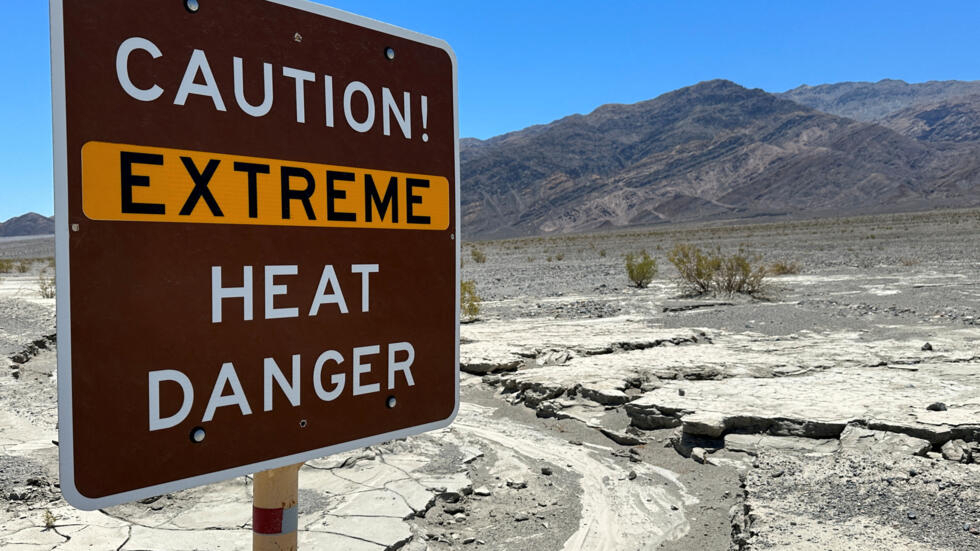A leading report that warns that the climate crisis will have a catastrophic effect on the health and survival of billions of people unless the world acts to reduce global heating.
The report warned that heat-related deaths are already soaring just as dangerous bacteria are spreading along coasts and economies are being hit as people struggle to work and food production shrinks.
Among other things, the eighth annual report on health and climate change from the Lancet Countdown team shows that little account has been taken of past warnings. The world, it says, is “moving in the wrong direction”, and strongly criticises continuing investment in fossil fuels.
The report which comes as Cop28 prepares to hold its first Health Day, focused on the links between the climate crisis and human health, says that 127 million more people were experiencing moderate or severe food insecurity in 2021, compared with the previous three decades, putting them at risk of malnutrition and irreversible health harm.
It warned that life-threatening diseases are spreading, including dengue, malaria and West Nile virus.
Warmer seas are said to have led to the coastal spread of the water-borne vibrio bacteria at the rate of an extra 204 miles (329km) a year since 1982, putting 1.4 billion people at risk of diarrhoeal disease, severe wound infections and sepsis.
Read also: UAE has world’s biggest climate-busting oil plans, data indicates
Exposure to air pollution – which is worsened by heatwaves – is increasing the risk of respiratory and cardiovascular disease, cancer, diabetes, neurological disorders, and adverse pregnancy outcomes. Heat-related deaths among over-65s, who are more vulnerable, are up by 85% since the 1990s. Without the increase in global temperatures, such deaths would have increased as the population enlarges, but only by 38%. The highest global temperatures in more than 100,000 years were recorded in 2023, says the report.
Even at the current 10-year mean heating of 1.14C above pre-industrial levels, there is a profound impact on the lives and health of people around the world, according to reports. But, say the 114 experts from 52 research institutions and UN agencies, what we are seeing could just be early symptoms of the disaster to come.
The report further revealed that the growing hazards of climate change are costing lives and livelihoods worldwide today. Projections of a 2C hotter world reveal a dangerous future, and are a grim reminder that the pace and scale of mitigation efforts seen so far have been woefully inadequate to safeguard people’s health and safety,” said Dr Marina Romanello, executive director of the Lancet Countdown at University College London.
“There is an enormous human cost to inaction, and we can’t afford this level of disengagement – we are paying in lives,”it showed. “Every moment we delay makes the path to a livable future more difficult and adaptation increasingly costly and challenging.”
The report found that the value of economic losses resulting from extreme weather events was estimated at $264bn (£215bn) in 2022, 23% higher than in 2010-14. And If temperatures rise by 2C, heat-related deaths will increase by 370% and the number of work hours lost will be up by 50% by mid-century, according to new projections from the Climate Vulnerable Forum of countries most at risk. By 2041-60, about 525 million people could be experiencing moderate to severe food insecurity, risking malnutrition.
Story was adapted from the Guardian.
